Age-Appropriate Skincare Tips From The Experts
WHY TEEN SKIN NEEDS CARE
“Lately, many of the teens I see have been using multiple actives from a ‘pre-teen’ period, which is when skin is most susceptible to damage. The consequence of teenage hormones is the maturation of the sebaceous glands in the skin. It is this increase in oil that plays its part in the development of acne. Pre-teen skin doesn’t hold the same protection of oil against harsh actives such as retinols and acids, hence why the damage can be very swift. This damage is often carried into teenage years, and if not corrected, contributes to inflammatory skin issues. Normally, I would see my teenage clients mostly for acne – a condition that affects around 85% of the younger population – but I am seeing more and more for rosacea and peri-oral dermatitis.” – Dr Justine Hextall, FRCP consultant dermatologist at Tarrant St Clinic
“It’s understandable why teens are reaching for products that promise the world. All the changes the body undergoes at this age can make a child more self-conscious. It’s worth reminding them that social media can throw up unrealistic expectations of perceived flaws that are entirely normal. Common skincare issues at this age include acne, breakouts, blackheads and clogged pores. Any other ‘issues’ should be run by a doctor or skin expert before committing to any products or new routines.” – Dr Cristina Psomadakis, Klira Skin’s medical doctor
WHAT’S GOOD FOR YOUNG SKIN
“Everything depends on your specific needs, which is why expert advice is always recommended. But a teenage routine should be very simple. Get your child a gentle cleanser, moisturiser and SPF. Those are the basics – any extras that tackle acne or certain issues should only be recommended by qualified practitioners. I would always recommend trusted brands that have been created to work in tandem with skin and its natural microbiome. That includes French pharmacy brands like La Roche-Posay, CeraVe – its cleansers are unrivalled – and Avene.” – Dr Justine
“Instil the habit of looking after your skin but not overdoing it. If your teen is suffering with acne, the main message I’d give to parents is not to overly rely on over-the-counter products. Never underestimate the input a professional can have – the earlier you get help, the better the outcome. Usually, it just takes one or two consultations with either your GP or a dermatologist to create a perfect skincare routine. Shop-bought products are only ever meant to ‘support’ a situation like acne. Another tip for young skin is to look for formulas that protect the skin’s barrier.” – Dr Cristina
AND WHAT ISN’T…
“Teenagers who are really into skincare are definitely overusing skincare products. I have seen numerous videos online of ‘Sephora hauls’, ‘unboxings’ or skincare routines that involve too many steps. This can cause irritation in the short term and long-term, you can really change your skin barrier, leading to more sensitivity. There is damage that can be done to the skin and there are consequences to complicated routines. You aren’t addressing any real concerns like dry skin or acne – in fact, a complicated routine can just prolong these conditions. The focus of teenage skincare is not to protect against depleting collagen levels or reverse previous environmental damage, it’s about supporting the skin barrier and balancing out any hormonal changes.” – Dr Cristina
“I am not a fan of teens over cleansing. As soon as a teen sees a blemish, the ten-step skincare begins with so many actives but nothing to help soothe and repair the skin. Tell your child to avoid harsh cleansers that leave the skin feeling tight and dry. Unless a retinoid has been prescribed or recommended for acne skin, it will almost certainly cause dryness and irritation. I would also approach any AHAs and BHAs with caution. The skin turnover in children and teens is rapid and as such, I can’t see a need for too many acids and exfoliants. Likewise, things like clay masks can be very drying, so ask your child what purpose is this serving?” – Dr Justine
THE PRODUCTS TO TRY
“For dry irritated skin that has become sensitised from too many actives, I recommend using the Toleriane Dermocleanser from La Roche-Posay. After cleansing, use the Cicaplast serum from the same brand to start to soothe and repair the skin barrier, finally the Dermallergo Soothing Cream will moisturise the skin, whilst reducing any burning or stinging with its neurosensine peptide. I almost always see a swift improvement with this rescue combination. For acne-prone skin, try as above with a gentle cleanser like Cetaphil or CeraVe’s hydrating formulas. After cleansing, apply a product like La Roche Posay’s Efflaclar Duo moisturiser to both treat active acne, soothe the skin and remove post acne marks. For really good, affordable skincare that can treat most teenage issues, Cerave is also an excellent brand. Do get your child to use an SPF they like. We know statistically 25% of photodamage has happened by your 20s, so sun protection is very important.” – Dr Justine
THE GUIDELINES WE NEED
“I would like to see clearer guidance for younger skin when it comes to the use of actives like retinols and acids. I also believe there should be restrictions regarding inappropriate marketing to young people, too. I am seeing too many young people in my clinic with skin issues that are normally associated with older age groups and to me, inappropriate skincare use is driving this change. My advice? If your teen’s skin starts to feel tight or dry after cleansing, this is the first indication that skin is becoming sensitive and gentler products are needed. If the teen is aware of their skin during the day – for instance skin starts to feel dry or irritated again – this suggests the skin is out of balance. Obviously, redness, itching and an increase in breakouts may also be a sign of barrier dysfunction.” – Dr Justine
FINAL ADVICE…
“I would encourage any parent or carer to stand firm, especially when being pressed for complicated and often expensive skincare products. Encourage your teenagers to seek out the advice of qualified dermatology professionals. There’s a lot of excellent advice out there. If there are any issues with skin irritation, dryness or breakouts, encourage the gentlest, most soothing skincare regime and play on the fact that what they do now will affect them in years to come.” – Dr Justine
Shop Dr Justine & Dr Cristina’s top skin picks for teens
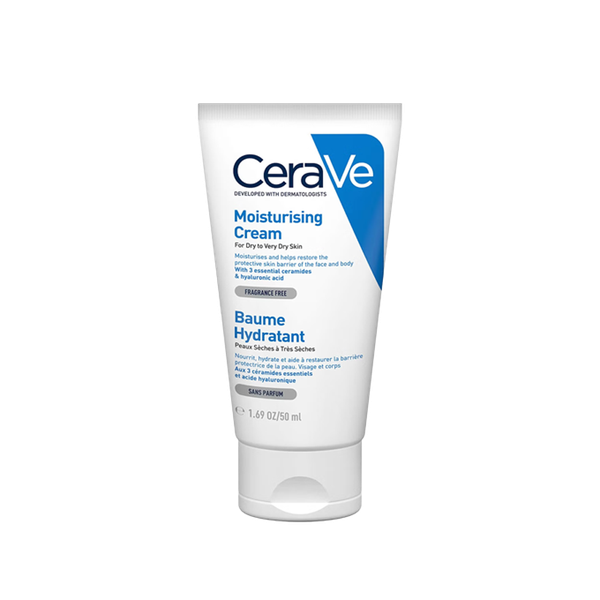
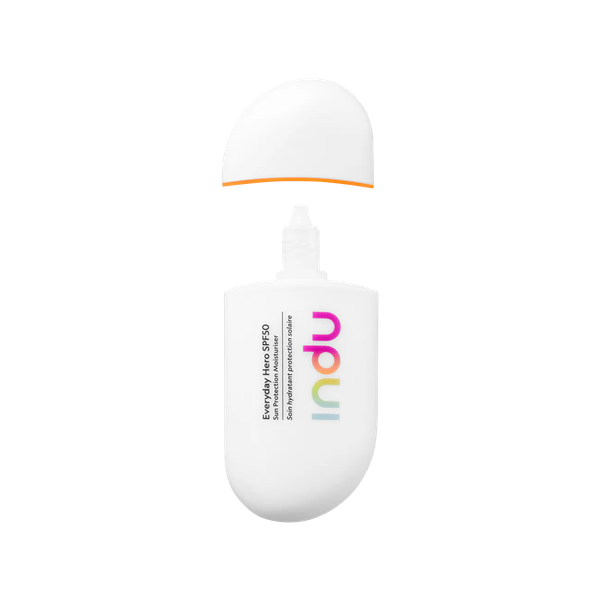
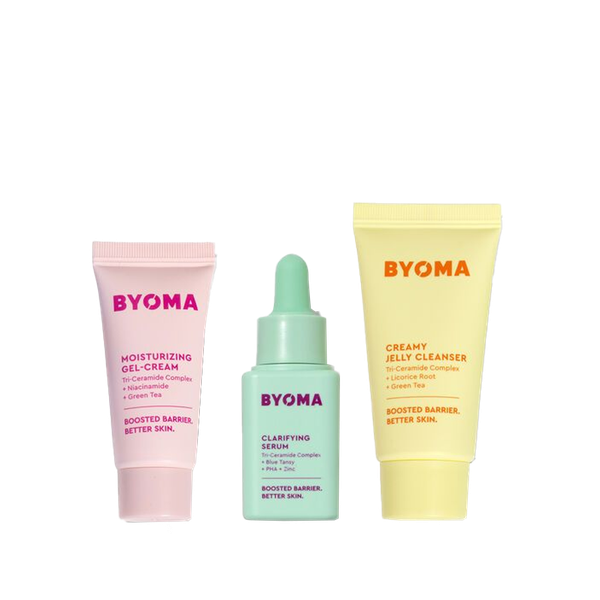
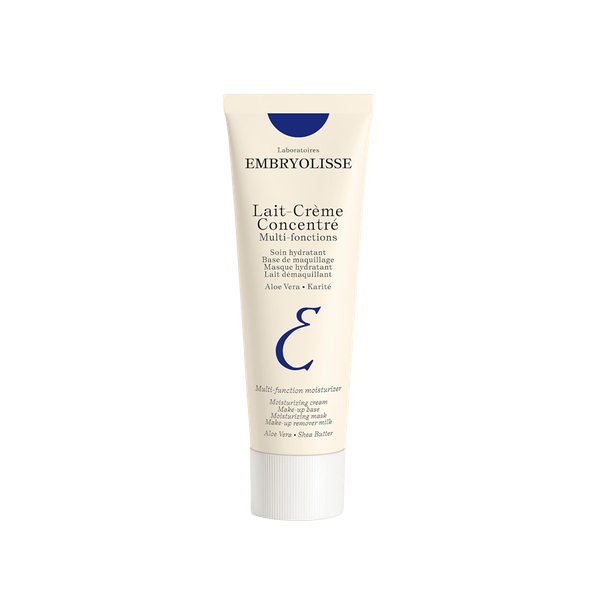
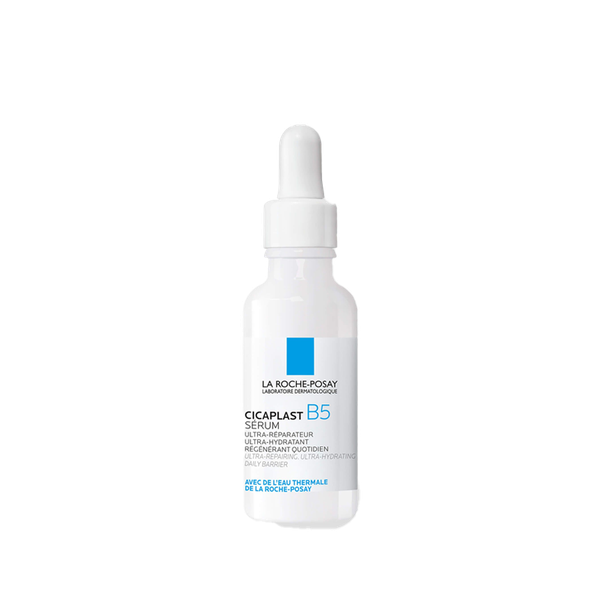
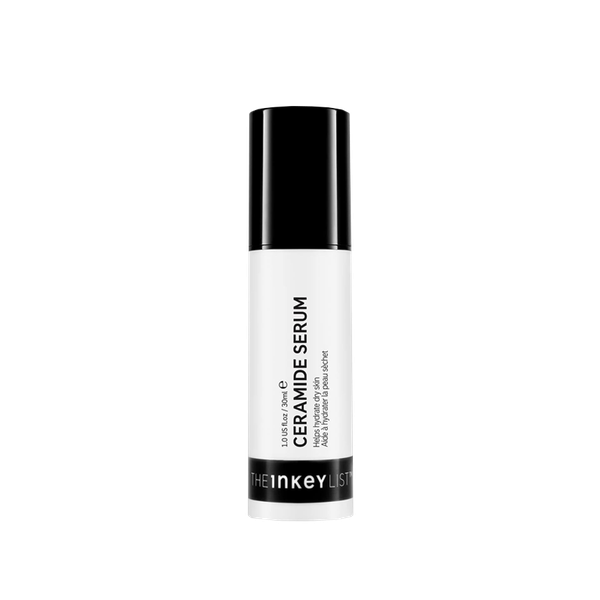
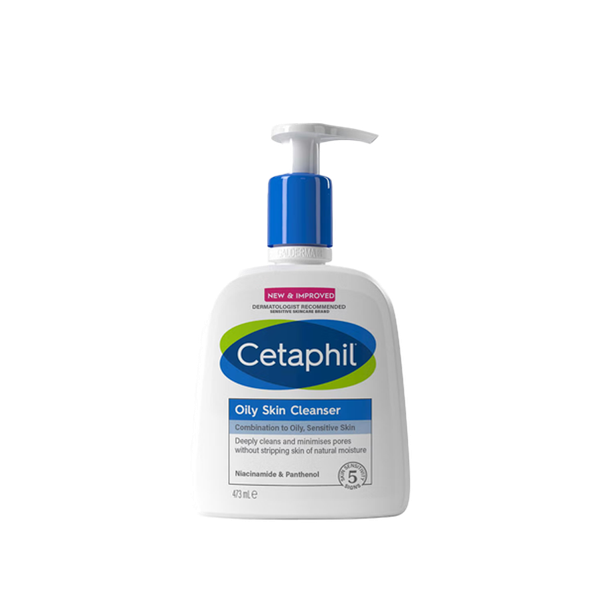
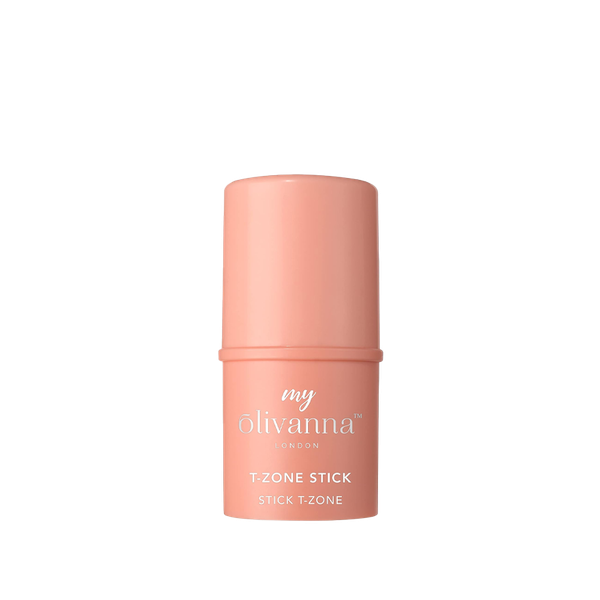
DISCLAIMER: We endeavour to always credit the correct original source of every image we use. If you think a credit may be incorrect, please contact us at info@sheerluxe.com.
All products on this page have been selected by our editorial team, however we may make commission on some products.
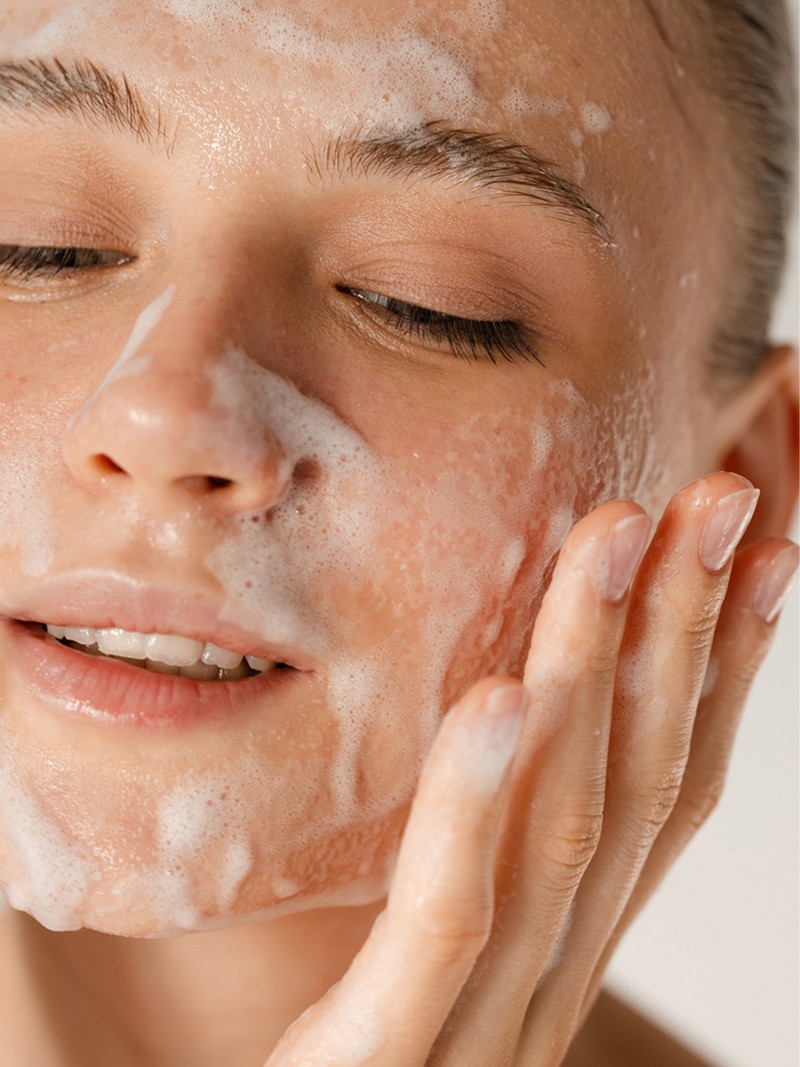
/https%3A%2F%2Fsheerluxe.com%2Fsites%2Fsheerluxe%2Ffiles%2Fwebsite-images%2F2025%2F04%2Fnew-parenting-background-image.jpg?itok=au3AjSlw)